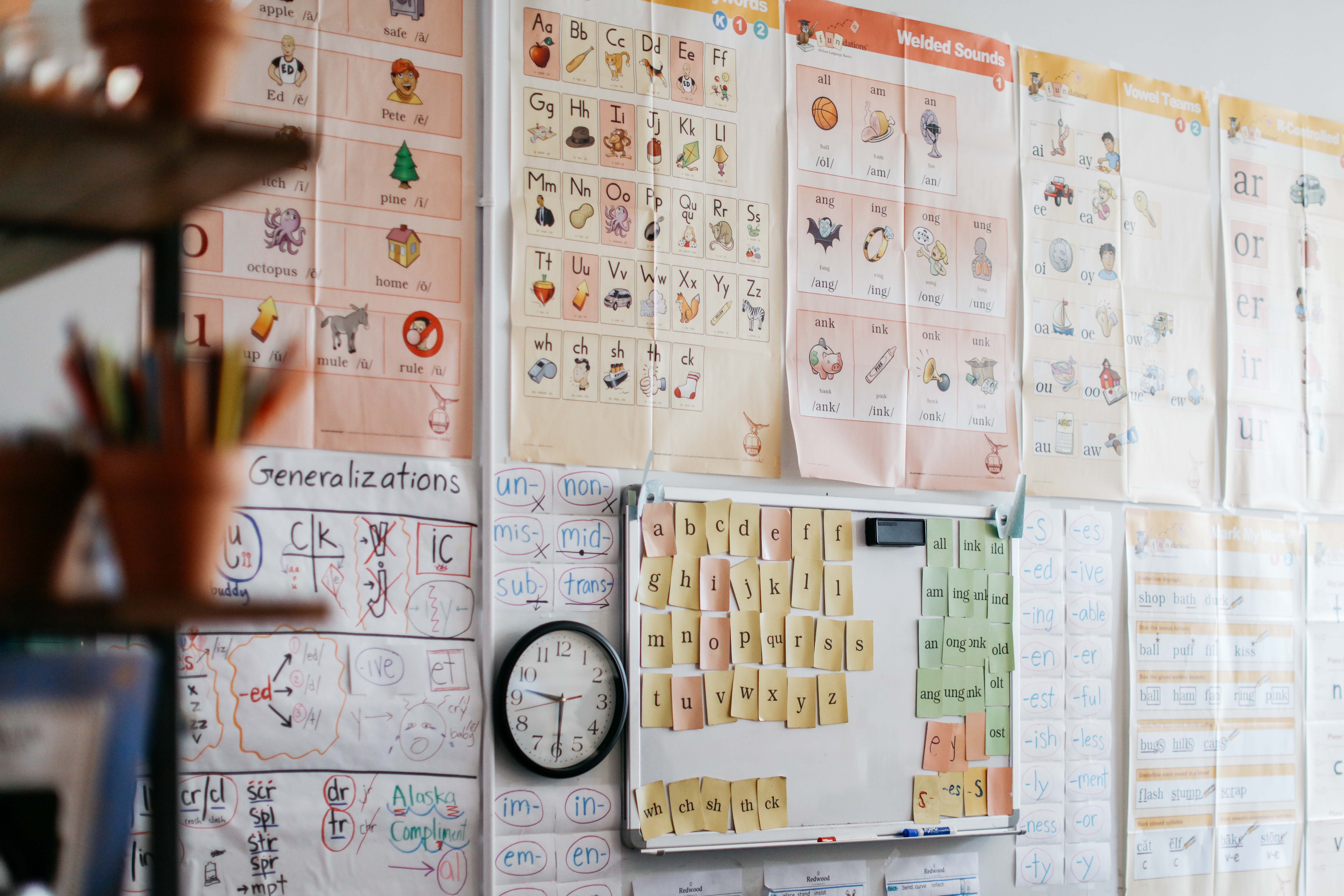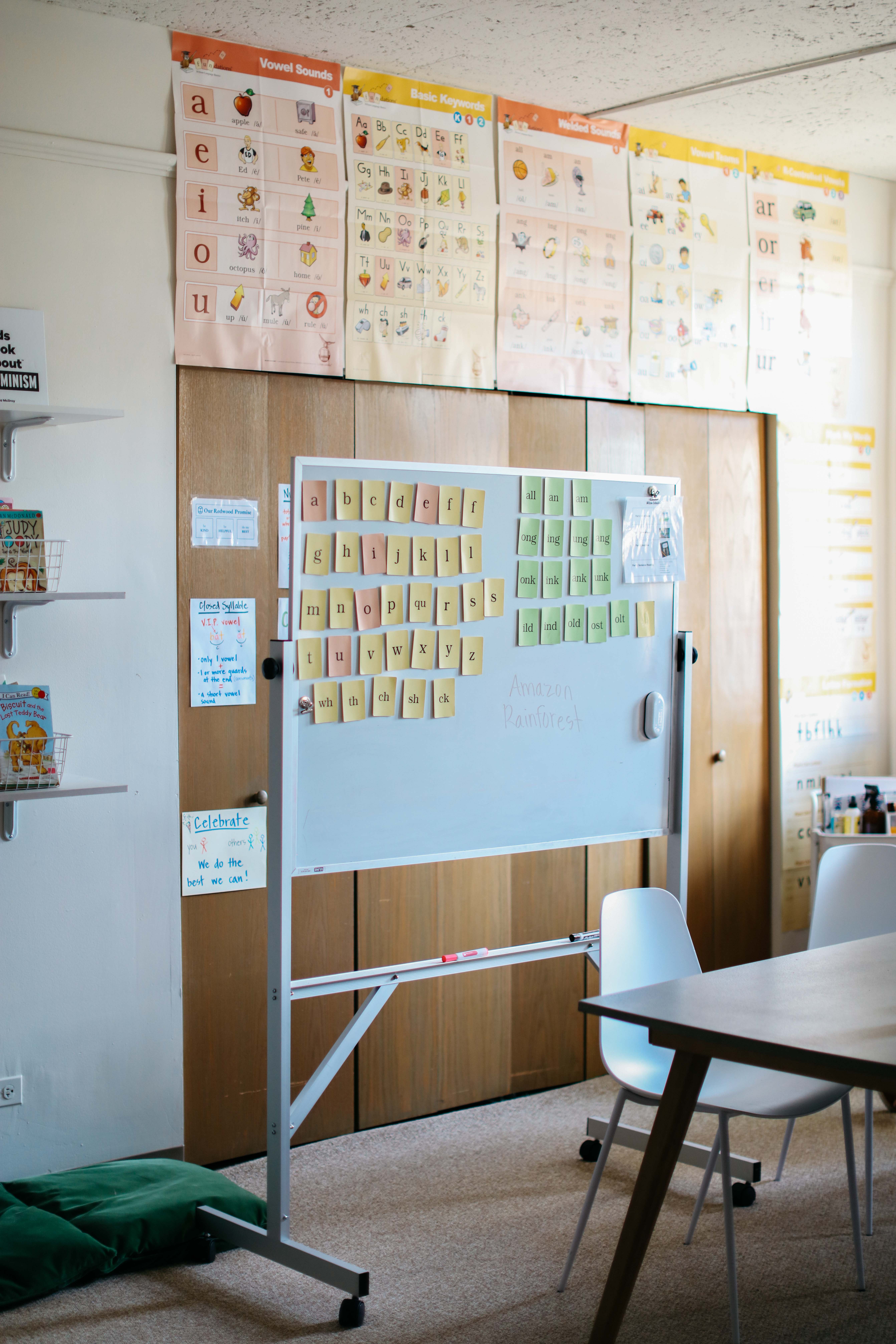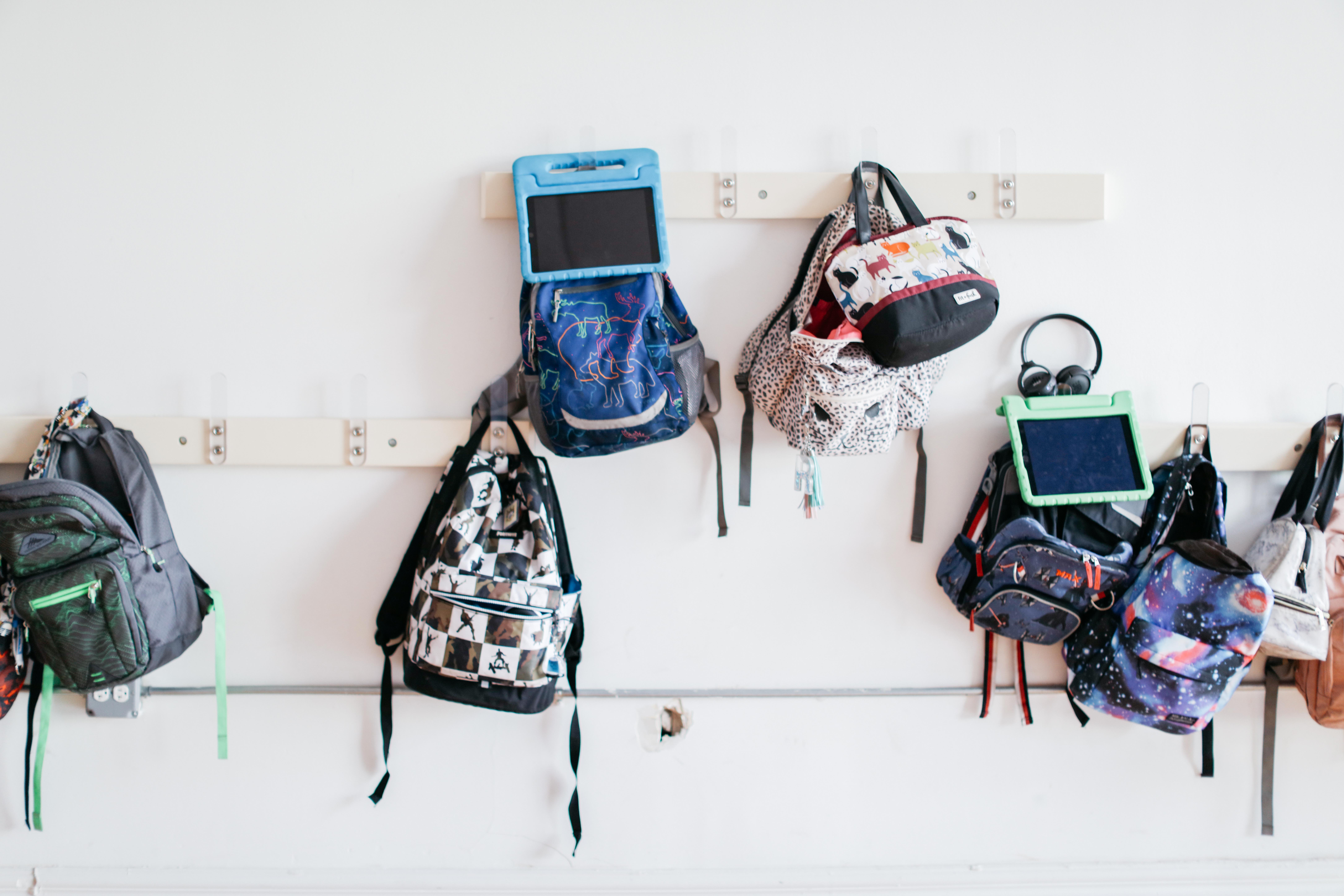.jpg)
.avif)
You love your kids, and you want them to learn. But it’s summer, and the idea of squeezing in anything academic sounds like a full-on battle.
Here’s the good news: building your child’s vocabulary and background knowledge doesn’t have to feel like a second job. In fact, it can look a lot like… hanging out. Eating dinner. Taking a drive. Sitting at the kitchen table with iced coffee while your kid “travels” the globe on Google Earth.
And here’s why this matters:
As education writer Natalie Wexler puts it, background knowledge is like Velcro for the brain—the more your child knows, the easier it is for new information to stick. It’s not about flashcards or drilling. It’s about giving children the foundational understanding that helps them retain what they read, hear, and learn in school.
Let’s make that happen—without making you feel like a summer school teacher.
.jpg)
1. Explore the World from Your Kitchen Table
You’ll need:
- A laptop or tablet
- Google Earth
- A kid with curiosity (or even just mild interest)
Choose a theme:
- Mountains Monday: Zoom in on the Rockies, the Alps, or the Himalayas.
- Island Wednesday: Fly to Madagascar, the Galápagos, or Japan.
- Festival Friday: Search for famous world celebrations (Diwali! Carnival! Lunar New Year!).
Let your child “drop in” using Street View and explore. You can keep it super casual or make it a mini scavenger hunt (e.g., “Find a blue building!” “Spot a mountain goat!”).
Vocabulary Boost: Look up a few Tier 2 academic words related to geography (e.g., “terrain,” “climate,” “region”) using this Academic Word List generator. (Tier 2 vocabulary: words that aren’t often heard in everyday conversation, but are commonly found in writing and academic settings.) Use one new word casually:
“Wow, the terrain there is really rocky—way different from Illinois!”
Sneaky, right?
.jpg)
2. Make the Car Smarter
Driving to camp? Gymnastics? The grocery store? Turn that backseat into a rolling literacy lab with audiobooks your kids will love.
Here are some great summer picks:
- Grades 2–4:
- Willa the Wisp by Jonathan Auxier
- The Wild Robot by Peter Brown
- Planet Omar by Zanib Mian
- Willa the Wisp by Jonathan Auxier
- Grades 5–8:
- Amari and the Night Brothers by B.B. Alston
- The Last Cuentista by Donna Barba Higuera
- A Rover's Story by Jasmine Warga
- Amari and the Night Brothers by B.B. Alston
Find them all on Libro.fm, Audible, or your local library’s app.
Bonus: Hit pause and ask, “What’s one new word we just heard?”
Then use low-lift vocab strategies from our vocab teaching blog, like:
- Use it that day: “Let’s vanish into the grocery store and see who notices.”
- Draw it in the air: “Show me what scamper looks like with your finger.”
- Make it funny: “What would it sound like if a walrus said ‘inevitable’?”
3. Add Structure
Here’s the truth: Kids actually like structure. It provides the soothing predictability of routine. And you can make it silly.
Try this one after dinner (or while brushing teeth, or waiting for a sibling to finish soccer practice):
Give your child three sticky notes or scraps of paper. Ask them to write or say:
- One WHO (a person or creature)
- One WHAT HAPPENED (an action or surprise)
- One WHERE + WHEN (a place + time)
Boom. That’s a story.
“A tired mom... spilled salsa... in Spain yesterday.”
“A sea monster... found a violin... under the ocean at midnight.”
Story generating is language practice, and language practice leads to stronger writing and reading comprehension.
If you end up with a compelling sentence, you can use questions to flesh out a whole scene: “How did the Barcelona locals react to the mom’s lapful of salsa? Did she play it off like a champ?” “How did the other sea creatures respond to the sea monster’s violin practice? Did they dance a little?”
4. Have a chat (It all counts)
Every conversation you have with your child adds up. Talking about baking, sports, friend drama, travel dreams, bugs on the porch—it all builds background knowledge.
You don’t need to quiz them. Just narrate life. Ask questions and be curious together.
“Do you think pancakes are a chemical change or a physical one?”
“Why do you think that dog looks scared?”
“If we could live in any country for a month, where would we go?”
When you talk about the world, you’re making future classroom content more familiar—and more meaningful.
.jpg)
You’re Already Doing More Than You Think
You don’t need to be perfect. You don’t need a color-coded Pinterest plan. You just need a few minutes of intention sprinkled throughout your everyday life.
The more children know, the more they can learn. And this summer, you’ve got what it takes to give them a brain full of Velcro.
Here’s to joyful learning, creative rest, and plenty of popsicles.
Want more resources like this? Subscribe to our newsletter, or explore our Writing Our World™ curriculum, now free to all teachers and parents this summer.
And if your child needs individualized support, check out our newly relaunched 1:1 Online Academy.
We’ve got your back—every season.

.svg)




